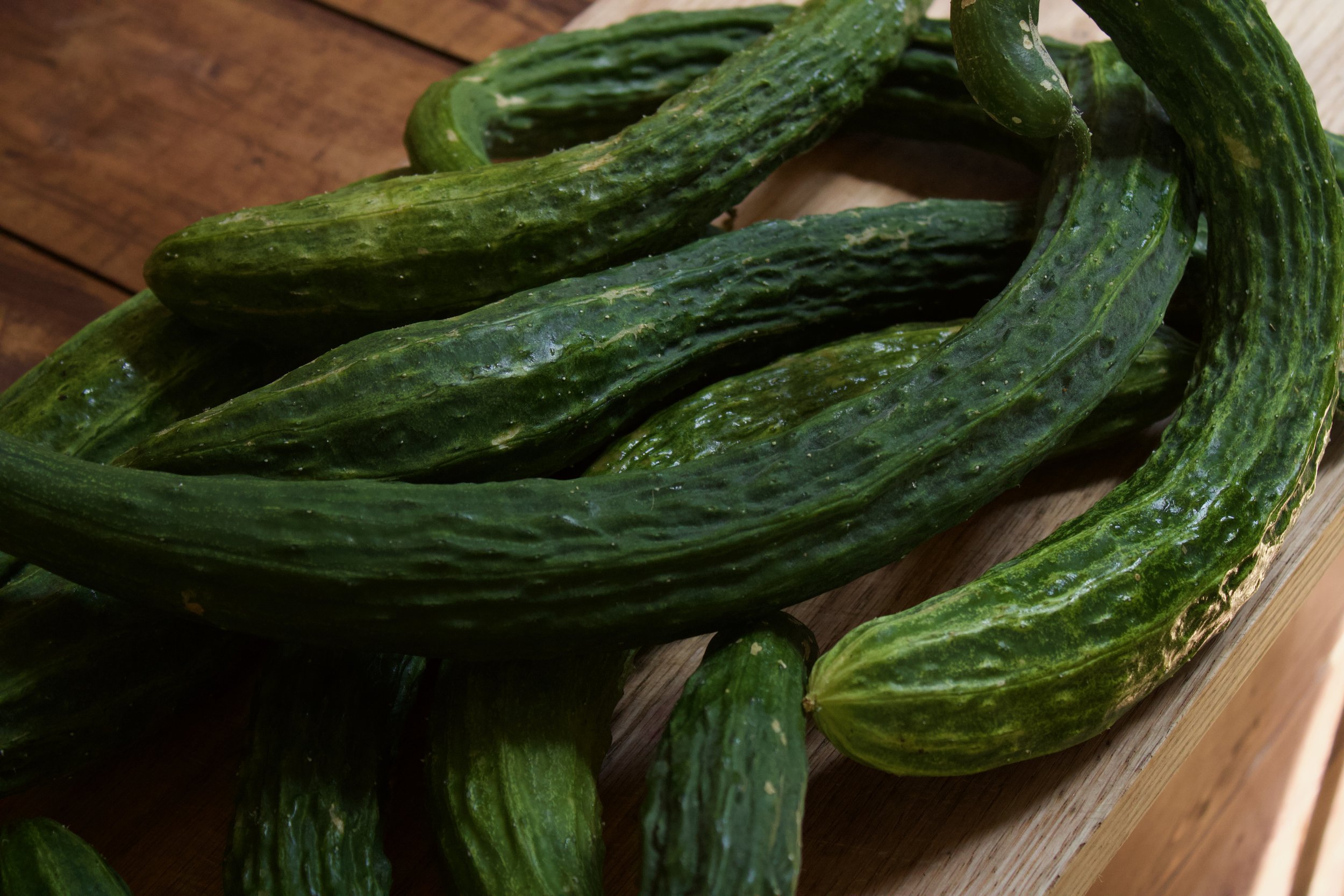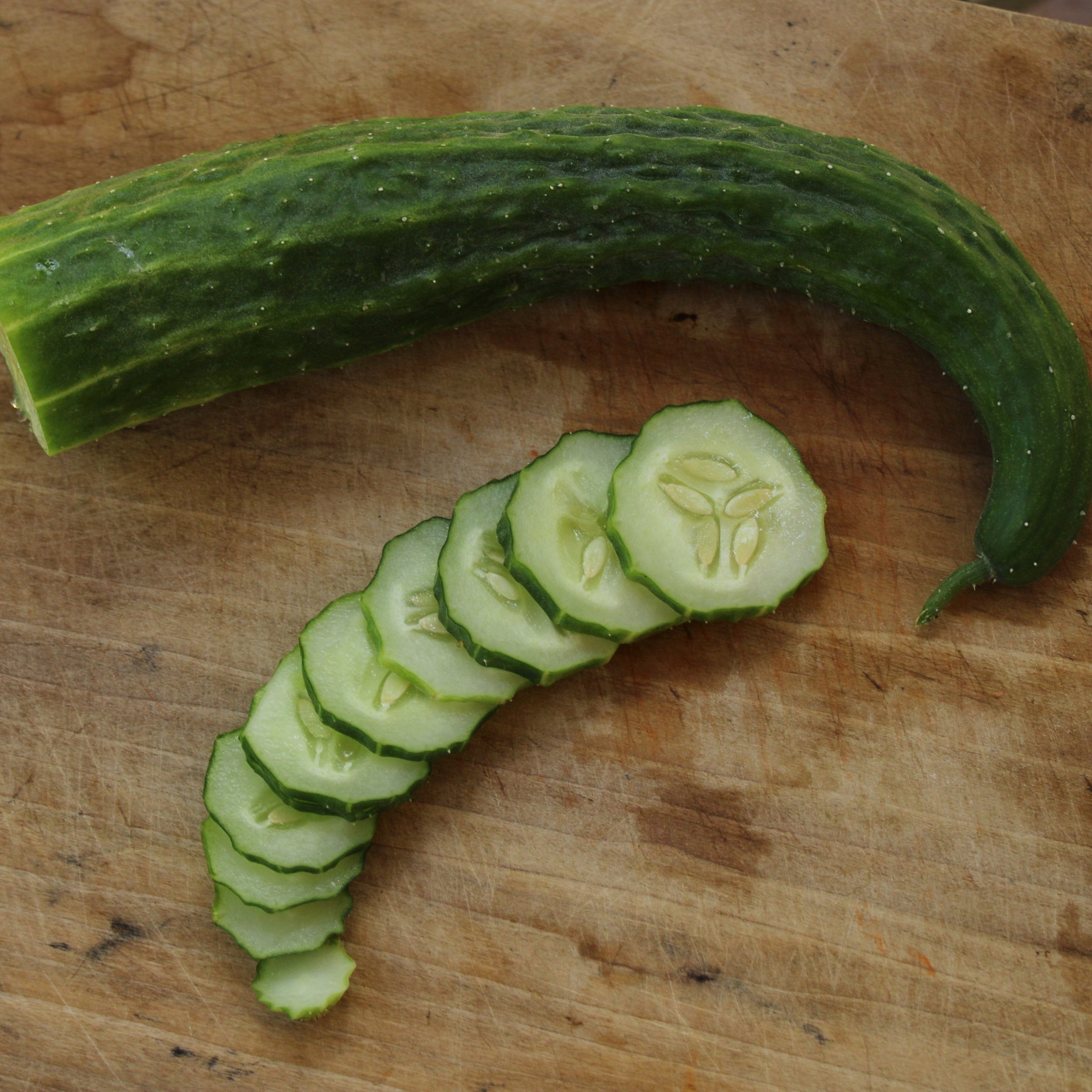Maxixe
65 days to maturity
30 seeds per packet
65 days to maturity
30 seeds per packet
65 days to maturity
30 seeds per packet
Cucumis aguria
The West Indian Burr Gherkin, also known as Maxixe (mah-SHEE- shay) in the Bahia region of Brazil, traces its indigenous roots to the African continent. It was brought to the Americas during the Transatlantic-slave trade and soon naturalized in the Carribean and South America. Maxixe/Burr Gherkin became an iconic ingredient of the dish Maxixada (mah-SHEE-shah-dah) in the Afro-Brazilian Bahia region. It can be eaten fried, boiled, sautéed, stewed, and raw in salad. In the 1790s, it traveled from the Caribbean to North America where it was widely grown and pickled as a gherkin. At that time it was thought to be indigenous to the West Indies, hence the name. This is one our favorite vegetables for its unique beauty and buttery flavor. We find it reminiscent of cucumber and summer squash in its early stages. Very mild and sweet when young, developing a slight lemony flavor as it matures. Absolutely divine! Vines are highly productive and are not prone to the same disease and pest pressures as cucumbers.
Direct Sow/Transplant Instructions:
West Indian Burr Gherkins can be started 4 weeks before last frost indoors, under lights or in a green house and transplanted out after last frost. Alternatively, direct seed them once danger of frost has passed. Treat these in the same way you would cucumbers giving them plenty of fertility and organic matter. They are drought tolerant but respond best to water on a fairly regular basis, be carful not to overwater as most cucurbits do not do well in waterlogged soil.
Space plants 8" apart. If allowing vines to grow on the ground, give 36" between rows. We recommend trellising cucumbers for better fruit quality and plant health. Trellising also saves space to plant other crops where vines would otherwise occupy.
Amend soil with good compost. We also recommend a fall or spring cover crop of peas or another annual legume to fix nitrogen in the soil where the cucumbers will be planted.
Mulching cucumbers is a good idea, however mulching in mid spring will keep soil temperature cooler and may slow growth. Mulching can be done once soil has warmed. Make sure soil pH is between 5.8 and 7.0. If plant needs a growing boost, water with nitrogen tea or compost tea a few times. If trace minerals are inadequate, sprinkle a small amount of woodash in each planting hole.
Harvest Instructions: These are best harvested between 1” and 2“ otherwise seeds begin to develop. Fantastic eaten raw or cooked in soups and stews. These gherkins are said to make the best pickles and a great choice for lacto-fermentation. Keep them harvested so they continue producing through the season.







